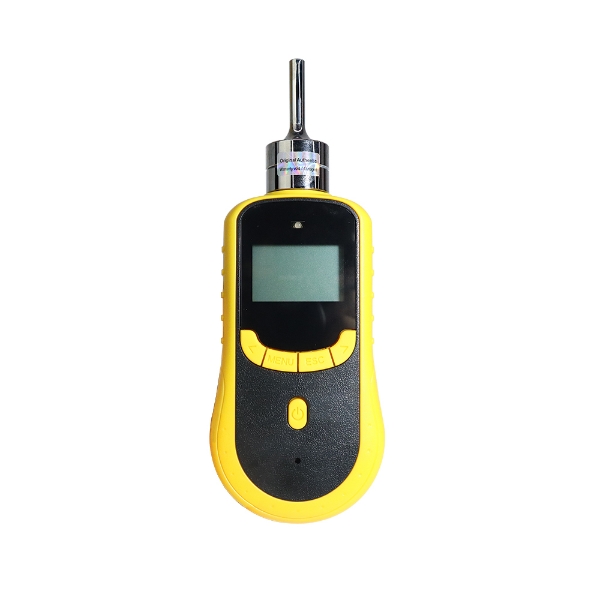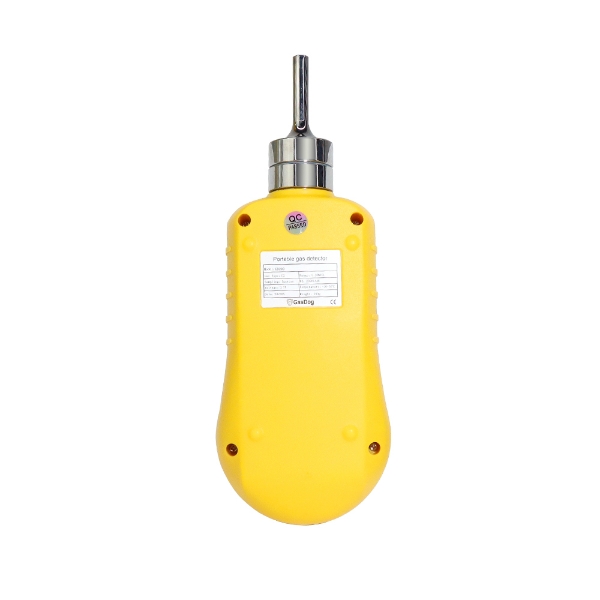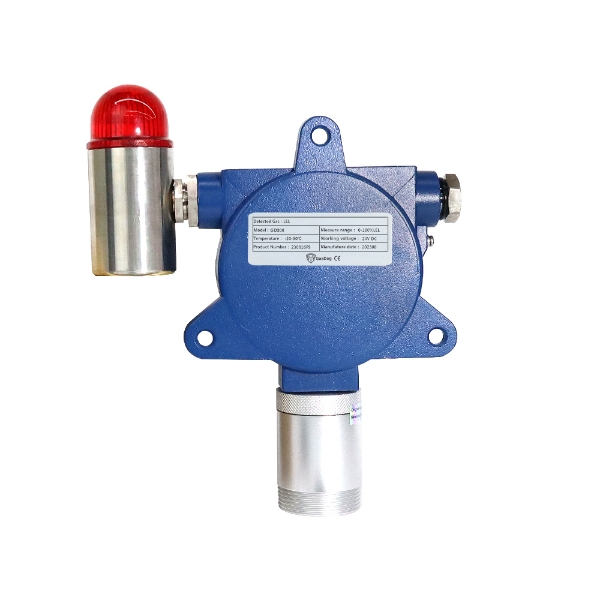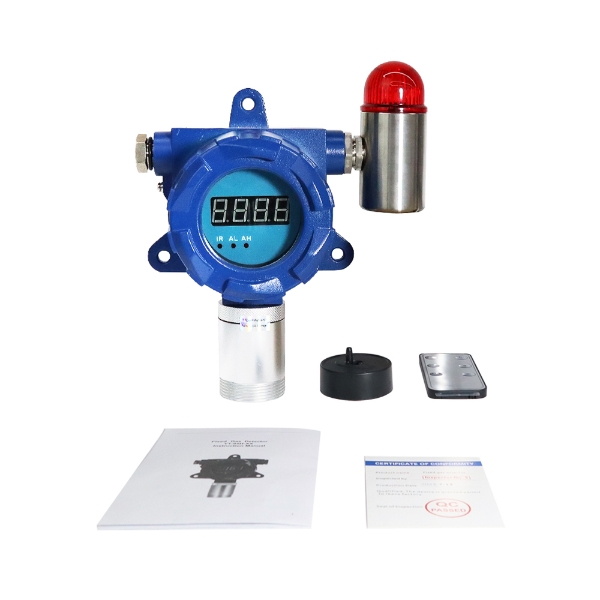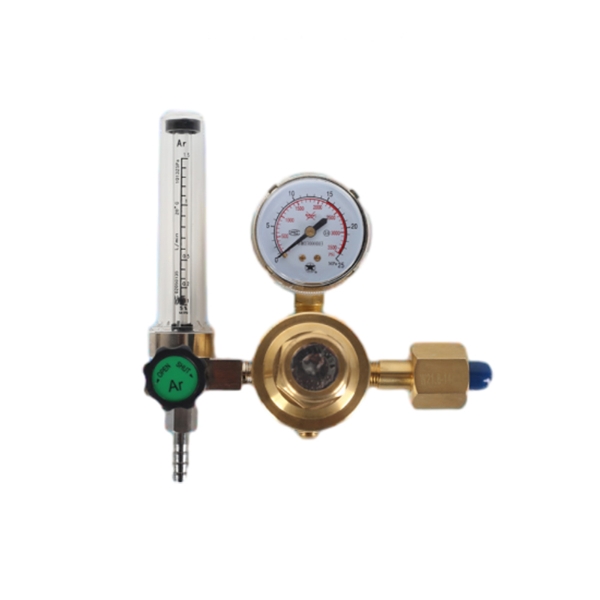-
You have no items in your shopping cart.
- Register
- Log in
- Wishlist
- Shopping cart
WRITE YOUR OWN REVIEW
EXISTING REVIEWS
Accurate and stable values
Our laboratory has recently increased the use of hydrogen sulfide. For safety reasons, I purchased and installed this fixed H₂S gas detector. After monitoring for several days, I found that the data fluctuation was very small and the zero drift was very small. Compared with some portable detectors used before, its stability is significantly higher.
Paffan
|
5/22/2025 2:07 AM
Was this review helpful?
(0/0)






